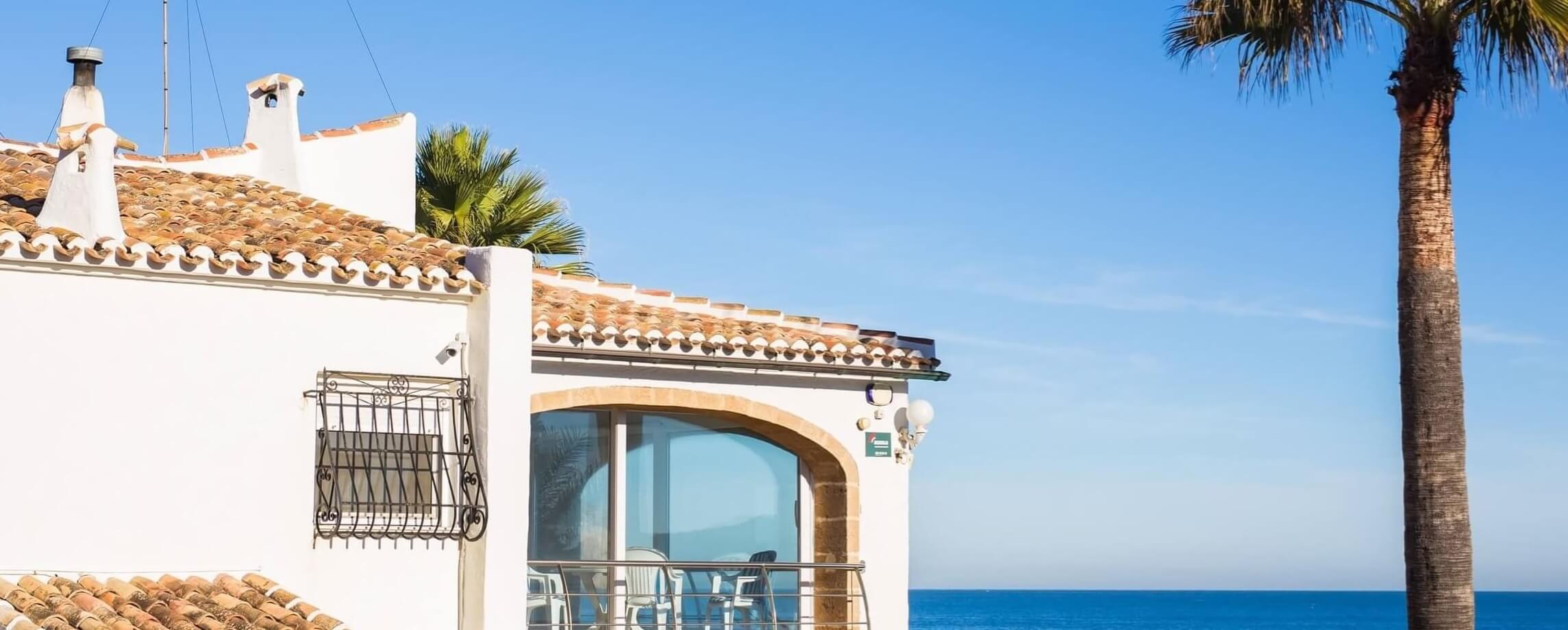It is difficult to picture ever feeling under the weather in beautiful Spain, but if you ever need the Spanish healthcare system, you will find it very efficient and modern.
Your rights to Spanish healthcare
If you are moving from an EU member country, you can apply for a European Health Insurance Card (EHIC) which is free and straightforward to obtain in your home country. This covers immediate medical practices for the three months (any ailment that does not require attention straightaway is chargeable).
When you become a Spanish resident, you cannot use the EHIC. If you work in Spain, you are legible for healthcare under the social security system. Otherwise, you will need to look into the paid plans available. As with most health and life insurance policies, the premium you pay increases depending on your age, and when you take it out, so bear this in mind.
Dental health options In Spain
From the age of 16 onwards, you have to pay for dental work in Spain. However, the cost is generally cheaper than in other Northern European countries. Spain’s National Health Service does not cover dental work, so you will either have to pay for it or claim the money on your private health insurance.
Dentists who speak English and other languages can often be found in popular expat areas.
Healthcare for UK nationals in Spain
There is currently an alliance between the UK and Spain that allows British citizens free healthcare when they reach retirement age. Currently, it is unknown if Brexit will affect this. For the latest information, read the NHS guide to healthcare in Spain.
In case of an emergency
Emergency medical attention is possible in all EU countries. Call 112 for an ambulance to be taken to the nearest state hospital. This will ensure your EHIC card or insurance policy covers your journey and treatment.
In private hospitals, you nearly always find English-speaking staff, however, in a state hospital, this may not be the case. Usually, an interpreter is available at around €12 per hour, which will be billed to you. In some parts of the country, this is a requirement for a fast diagnosis.
At the pharmacy
“Farmacias” in Spanish are easy to recognise due to their neon green cross signs, and they are in plentiful supply even in small towns. Most close for the siesta between around 1 and 4 pm, but larger towns and cities will have at least one 24-hour pharmacy.
Pharmacies also take it in turns to provide an out-of-hours service for emergencies, and you can find out which one is on duty on any pharmacy door.
In Spain, any medicines will need to be bought at a pharmacy, unlike in the UK where aspirin and similar are freely available at supermarkets. Farmacias stock a wide range of medicines that you can buy over the counter, so it is often worth visiting a pharmacy before making an appointment with a doctor as the medicine you need may not require a prescription.
When it comes to cost, Spain has a co-payment scheme. If you are entitled to state healthcare, you pay a percentage of the price of the medicine – from 10% to 60% – based on your earnings and if you are of working or pension age.
Access to the NHS on returning to the UK
If you need to use the NHS when you are visiting the UK, you will be able to, depending on your situation. If you are a UK pensioner with an S1-form, you can visit a GP or use other NHS services. However, if you are below retirement age you will need a Spanish-issued EHIC card or health insurance arranged before you travel.
Spanish social services
To qualify for a carer paid by the state, you have to be on the town’s padron (list of residents) in a town with a minimum of 20,000 people living there. Resources are limited, and you might find you are only offered a few hours of care a week, which possibly will not meet your needs.
In this situation, the best solution is to hire a carer yourself, but this can be expensive. Hence, obtaining private insurance may be a partial solution, as private health insurance plans may pay for care services, but coverage differs from plan to plan. Be aware that most private insurance companies will not pay 100 percent coverage for home care, and remember you need to take the insurance out before the care is necessary.
Nursing homes in Spain
Private nursing homes are expensive in Spain; fees range from €1,500 – €4,000 each month. There may be a state-funded nursing home in your area available to EU citizens but be aware that Spanish nationals get preference for available spaces, and you will have to contribute towards costs.
Until recently, there was a trend for the elderly to return to their home countries when they felt they required care. Spanish families tended to look after their elderly, meaning that providing accommodation for the older generation was not a priority. However, times change, and we are seeing the development of retirement homes and communities for seniors, so there is expected to be more options in the future.
Getting a Spanish pension
If you have worked in Spain and paid social security contributions for at least 15 years, you may be entitled to the minimum state pension. You should be able to count contributions made in any other EU member states as also transfer a private pension through an overseas pension scheme. Spanish pensionable age is currently set at 65 years, although it is due to rise. To apply for your Spanish pension, you will have to visit your local Instituto Nacional de la Seguridad Social (INSS).
UK pension
It would be best if you verified with the tax authorities in your home country to see how moving to Spain will impact your state pension and how to receive any income you are entitled to. Likewise, get in touch with any private pension providers to let them know your new plans and see if moving will affect the pension.






